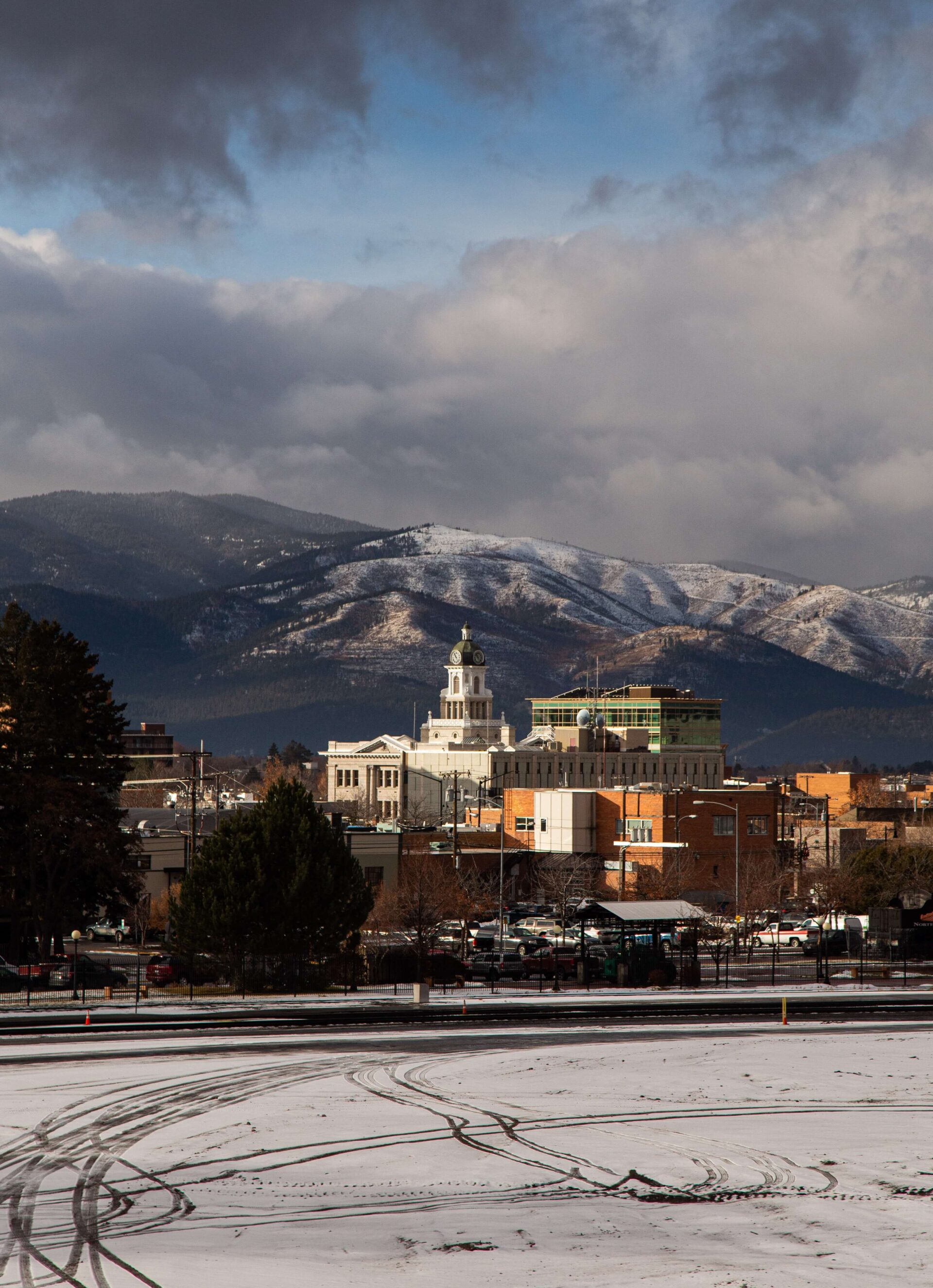When refugee families arrive in Missoula, one of the things they are often most excited about is the chance to have a place to call home. Unfortunately, for a number of recently resettled refugee families, their first stop isn’t a house or an apartment where they can put down roots, but rather a hotel.
Most refugee families who have been resettled here since late April are still living in hotels.
The International Rescue Committee (IRC) in Missoula, the local resettlement agency, receives federal funding and a mandate to secure safe, sanitary and affordable housing at market rate to refugees when they arrive. Units must be large enough to house a family with two people per room, and it must have at least a six-month lease. Federal funding helps pay the rent for the first few months, but the goal is for adults to secure jobs that allow them to pay the monthly rent on their own. Usually, the organization has about 90 days to find this housing.
It’s not uncommon for new neighbors to spend a couple weeks in hotels when they first arrive as the IRC in Missoula irons out details with lease agreements. Rooms must be able to support extended stays and include a full kitchen, and most of Missoula’s options that meet these requirements are far outside of town, away from public transportation. AirBnb rentals are used too, but they are expensive and hard to come by during the high season of summer tourism.
Hotel and AirBnB stays are costly. Long stays in temporary housing drain the IRC in Missoula’s federal funds. Meant to last months to support new families and meet their basic needs, these funds are being exhausted within two to three weeks as a result.
We have seen firsthand how Missoulians readily support neighbors. If you know of any possible housing options, please let us know.
The current situation has grown so difficult that the IRC in Missoula has requested a pause on new refugee arrivals, the first time the agency has had to do so since reopening its doors in 2016.
We acknowledge efforts by city officials to address this ongoing crisis that impacts all community members, but we also recognize that a continued housing shortage could threaten the future of resettlement in Missoula.
As joint partners in the work of resettlement, the IRC in Missoula and Soft Landing Missoula are putting out a call to community members for any leads on three- or four-bedroom housing options for rent of six months or more within city limits. The IRC in Missoula can work with private landlords and property management companies.
While things are worse now, the reality is that refugees, in particular, have long faced barriers to securing housing that predate this acute crisis.
To rent a house in Missoula, you’re asked to show things like rental history and a credit history. Most newcomers have lived in refugee camps for years or fled their home due to conflict, so they typically lack such records, causing some landlords to request double, and even triple deposits at times. Even if a refugee family can afford the monthly rent, new arrivals rarely have the kind of savings that would make it financially possible to put that kind of deposit together upfront.
These requirements serve as barriers that are all but insurmountable for many refugees. Even with the endorsement and support of the IRC in Missoula, only a couple companies in town have been willing to rent to refugee families. As such, an already-severe shortage of housing options dwindles even further.
We’re working with local partners to see what reasonable accommodations, if any, might be available to new neighbors in order to ease this process. Missoula’s ability to be a place that welcomes refugees and provides an opportunity for new neighbors to integrate so our whole community can thrive hinges on the availability of housing units that meet the requirements of the IRC in Missoula’s federal contract and provide dignity to families.
According to Zumper, a rental aggregation site, the median rental price for a one-bedroom unit in Missoula as of July 2023 was $1,250 per month, up 14% from last year. Many refugee and immigrant families with whom we work are large, so they require a bigger space. Renters looking for a three-bedroom and four-bedroom unit should expect to pay $2,245 and $2,598, respectively.
Generally speaking, experts say that a healthy rental market has a vacancy rate somewhere between 5% and 8%, so that tenants can move into units at a reasonable price and still have some choice in where they end up. A low vacancy rate means that demand far outpaces supply, which drives costs up and pushes people out of the rental market.
In 2022, the average vacancy rate in Missoula was critically low at 1.2%.
Our entire community has been impacted by this difficult combination of high prices and low supply. The Missoula Housing Authority recently opened its doors to two new apartment complexes, adding roughly 200 units of affordable housing units allocated for households earning a range of incomes. People are moving into the complexes, called the Trinity and Villagio, including refugee families, but this is just a start. As of 2021, over 1,400 people were on a waitlist for housing vouchers, and the Missoula Housing Authority says that people will often wait years to get into its affordable housing units.
We have seen time-and-time again how Missoulians rise to the occasion to support fellow neighbors. That’s why we’re putting this call out for any potential leads on housing options, including a chance to forge relationships with individual homeowners/landlords and/or new property management companies. While a three- or four-bedroom option with a six-month or longer lease would be ideal, shorter alternatives to get families out of hotels would also be hugely beneficial. Again, the units must be within Missoula city limits.
Even if it’s one unit and one family at a time, we believe there’s progress that can be made!
Please reach out to the IRC in Missoula with any questions or information: housing.missoula@rescue.org
Thank you all for your continued support!

